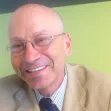Transportation Infrastructure
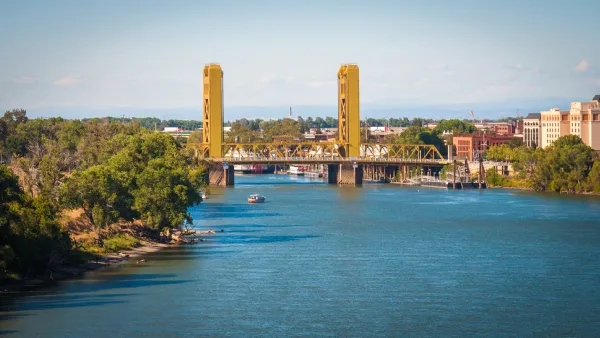
Sacramento Plans to Spur Clean Fuel Industry with 'Green City' Initiative
Sacramento Mayor Darrell Steinberg hopes that an infusion of EV funds can jumpstart a new, clean economy in the city.
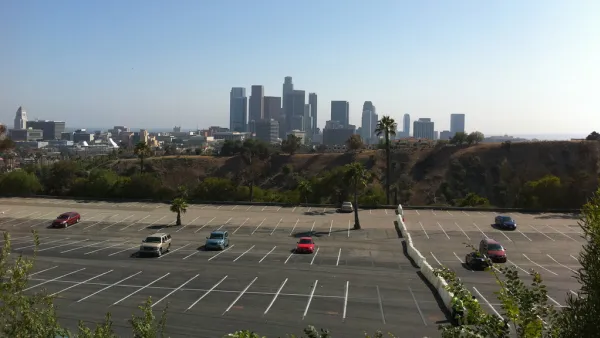
Every Parking Lot, Visualized
A car spends 95 percent of the time parked, and only 5 percent of its time in use. The huge amount of space that system requires is made "intuitively and accessibly" comparable by the What the Street project.

Road Funding By Taxes, Tolls, and Fees, Broken Down by State
The Tax Foundation endeavors to provide a simple explanation of road funding.
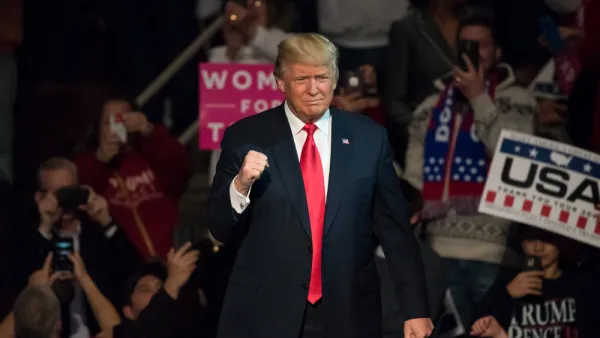
Good Trump, Bad Trump
The Trump Administration is sending out mixed signals on public transit issues. Why?
How Students Would Improve a Particularly Busy Boston Intersection
Students at Emerson College live with the frustrations of the intersection of Boylston and Tremont streets everyday. They also have ideas for how to fix the intersection.
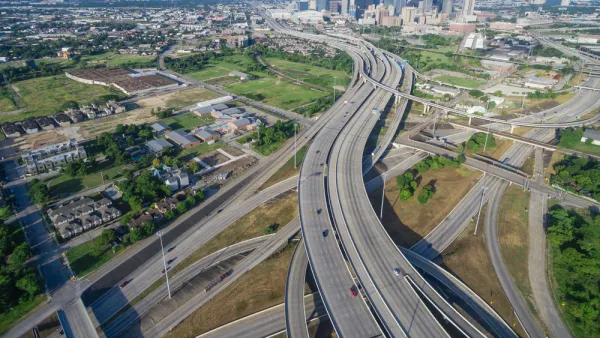
All I Want for Christmas Is a Transportation Infrastructure Plan That Helps
If the country is about to embark on a new era of infrastructure investment, care will be necessary to ensure long-term benefits for mobility.
Report: Increase Gas Tax to Solve Illinois' $43 Billion Transportation Problem
There's good news and bad news in a new report on the state of transportation infrastructure in the state of Illinois.
California's Ambitious Transportation Projects Designed to Include Communities
Unprecedented transit build-out in California could transform the state. Now leaders are working to ensure the infrastructure connecting major cities also benefits the communities it touches along the way.
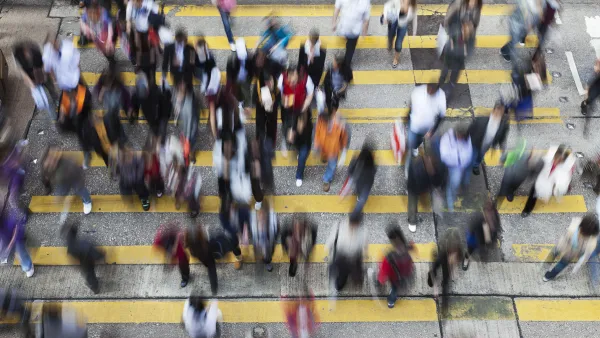
A Decade of Walkable Strides in Transit Innovation
A new Transit Center report shows what it takes to enact change.
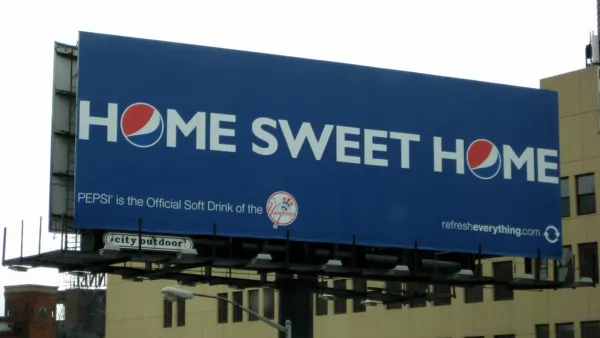
Op-Ed: Transportation Assets Should Generate Revenue
Scott Rawlins argues that public-private partnerships could help transportation departments turn assets into income streams. Underutilized land and data are two areas of interest.
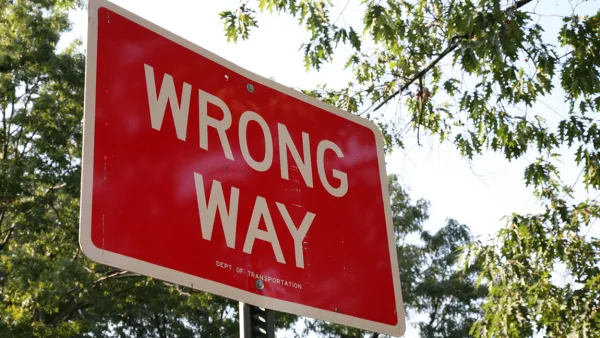
On the U.S. Transportation System's Structures of Inequality
The tendency of transportation planning of the 20th and 21st centuries to negatively impact poor and minority populations received deep attention on national media outlets over the past few days.
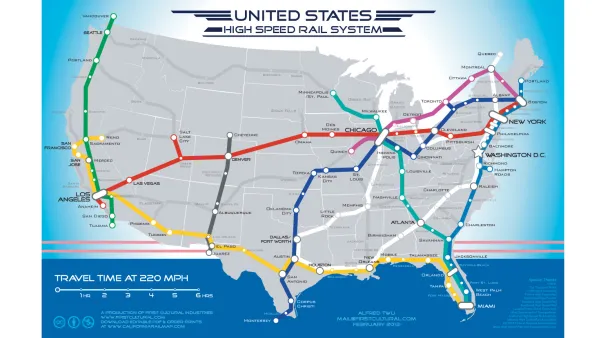
Public Sets Low Priority for Improving Transportation Infrastructure
A new survey of the American people from the Pew Research Center ranks the priorities of the public on matters like the deficit, healthcare, and crime. Bringing up the rear of public concern: infrastructure and global warming.
March Construction Targeted for Charlotte Blue Line Extension
Preparations for the $1.6 billion Blue Line extension project in Charlotte, North Carolina, are nearing completion. Officials have penciled in March to begin construction on the 9.3-mile light rail line.
How the Private Sector Just Might Revive Intercity Passenger Rail in the US
For those following the intense debate over intercity passenger rail in the US, the following recent news items might have a few planners scratching their heads:
Who to Follow on Twitter for Your Transportation News Fix
Using a rather complex, scientific methodology, Robert Krueger, has compiled a list of the top 25 most influential transportation infrastructure sources to follow on Twitter.
New Cycling Initiatives in Ukraine
The city of Lviv in western Ukraine has begun a 9-year initiative to build 168 miles of bicycling infrastructure to the region.
The End of the Great American Highway
The American highway is in shambles, and there is not enough money to fix it, reports Zach Rosenberg of Car and Driver Magazine.
The Return of the Gravel Road
The paved roads that finally brought rural America into the 20th century are starting to disappear across the Midwest in the 21st.
Latin America’s Bus Rapid Transit Boom Offers Lessons for the U.S.
Bus rapid transit (BRT) is often the most feasible, quickly implemented and cost-effective way to improve mobility in the United States, concluded a distinguished panel of transport experts at a Brookings Institution event.
Chicago's Greener Alleys Program shares insights on sustainable transportation
Chicago is using pervious pavements and reflective materials on its 1,900 miles of alleys to reduce flooding, cut demand on storm sewers, and decrease the city's urban heat island effect. The program is so successful that they are expanding it.
Pagination
Urban Design for Planners 1: Software Tools
This six-course series explores essential urban design concepts using open source software and equips planners with the tools they need to participate fully in the urban design process.
Planning for Universal Design
Learn the tools for implementing Universal Design in planning regulations.
EMC Planning Group, Inc.
Planetizen
Planetizen
Mpact (formerly Rail~Volution)
Great Falls Development Authority, Inc.
HUDs Office of Policy Development and Research
NYU Wagner Graduate School of Public Service































